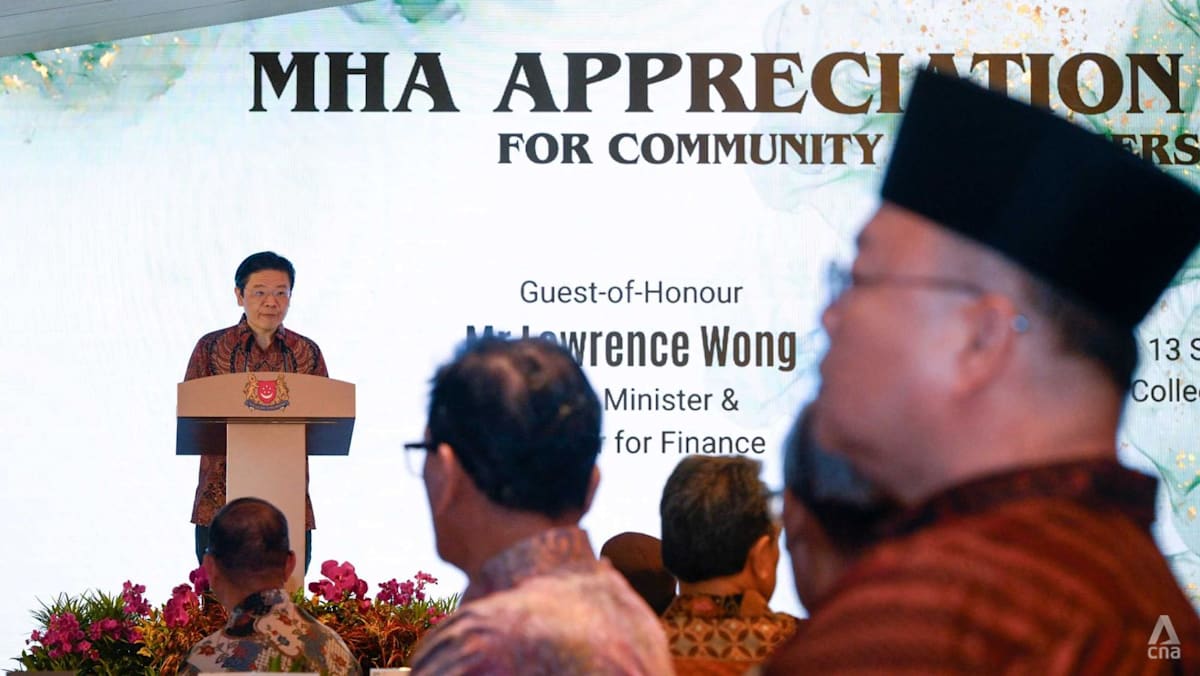Mr Wang from EY noted that consumers, particularly Gen Zers in their 20s, are more willing to spend on premium options or experiences.
“Hence, cinema operators need to rethink how they deliver the experience beyond watching a film to justify value to consumers,” he said.
The analysts gave examples of overseas theatres with luxurious seats that feel like those on a first-class flight, coupled with state-of-the-art projectors and sound systems.
Operators could also make the movie-watching experience more novel to attract different demographics, they said. These could include replicating the comforts of home by having beds instead of seats, or pairing movie screenings with feasts.
Mr Tan from SFS said his organisation would usually conduct post-show Q&As with filmmakers – either in person where possible, or via real-time Zoom video conferencing after the screening – a value-add that consumers would not be able to get from streaming the movie.
As a testament to the success of this strategy, SFS’ movie screening in IMAX format for the Japanese Film Festival 2024 recorded the highest attendance in its 41-year history, even though the movie that was screened was already available on streaming.
The Singapore Chinese Film Festival, also organised by SFS, has also been well-attended consistently, and Mr Tan attributed this to the same strategy.
GROWING SINGAPORE’S FILMMAKING INDUSTRY
The analysts said that improving the domestic film industry can also go a long way in drawing people to the theatres.
One way to do this is to have a policy that ensures airtime for Singapore films at cinema chains, coupled with some form of government subsidy, such as allowing movie tickets for these films to qualify under the SG Culture Pass, Mr Quek the film distributor argued.
“Filmmakers can then feel the demand from the consumers, what works and what doesn’t.
“Right now, the films don’t even have the chance to be seen,” Mr Quek said, adding that getting big players to screen Singapore films is like “pulling teeth”.
From 2019 to 2024, only two Singapore movies made it to the annual top 10 grossing films here. Diam Diam Era was the ninth top-grossing movie in 2020, raking in S$1.52 million, while Money No Enough 3 was the third highest last year with a box-office earning of S$4.49 million.
On a separate note, Assoc Prof Hahnheiser said Singapore filmmakers should do their part by making more films that would be appealing to mainstream audiences, instead of making only arthouse productions for the film festival circuit.
“(Many) are very arthouse, they’re very challenging to watch,” he added, noting that such Singapore films typically centre around a few similar themes.
“If you have had a hard day working as a lawyer or a taxi driver, do you want to go into the theatre to suffer?”
Mr Raihan the film director said that to make a good movie, filmmakers do not necessarily have to “think bigger”, aim for bigger budgets or include sophisticated graphic effects to spruce up their productions.
He proposed that they could instead take a leaf from Thailand’s 2024 hit, How To Make Millions Before Grandma Dies. With a budget of just about US$1 million, it grossed US$73.8 million worldwide, capturing international audiences not with any bells or whistles but with a simple yet moving plot.
“How did that movie beat Hollywood movies? It must have been written in a way that touched some people somewhere, and then it spread,” he said.
“So I think bigger doesn’t mean better. Maybe we just need to find something that resonates with the audience more.”
Ultimately, the industry players interviewed held firm to their belief that cinema – Singapore’s included — has repeatedly proven its resilience and can continue to flourish, if operators play their cards right.
“Streamlining is inevitable,” Mr Tan from SFS said, recounting past shakeups such as financial crises and the severe acute respiratory syndrome outbreak.
“Each time, cinema has not only been ‘streamlined’, it has also bounced back and grown,” he added.













